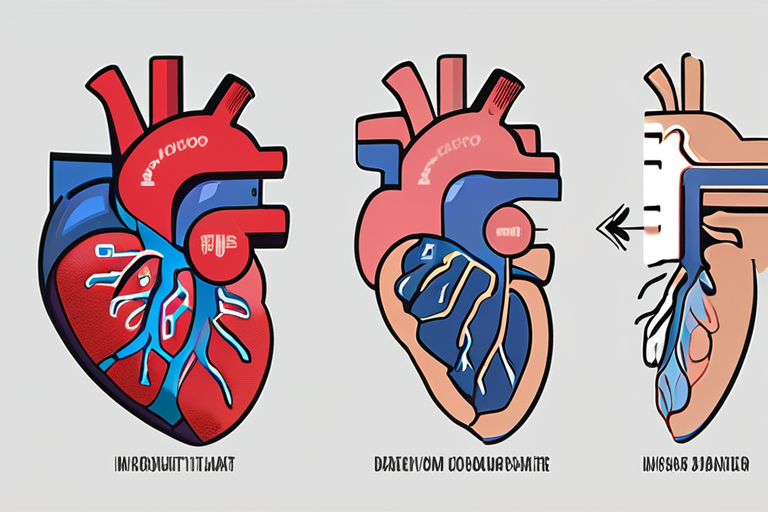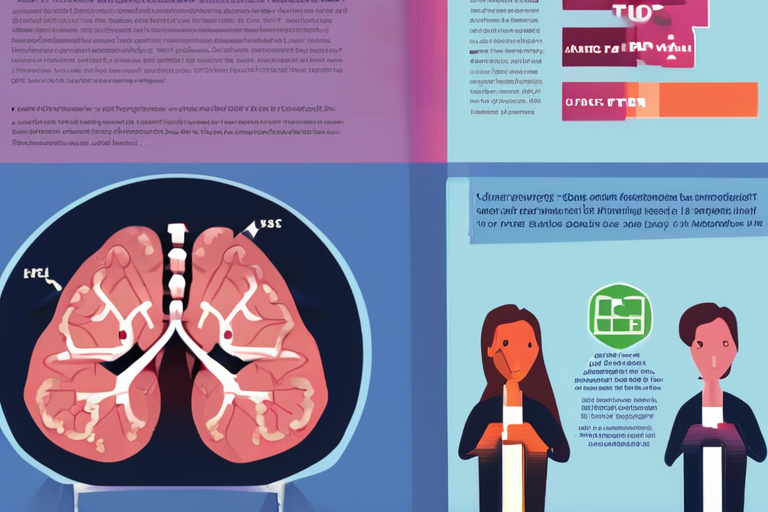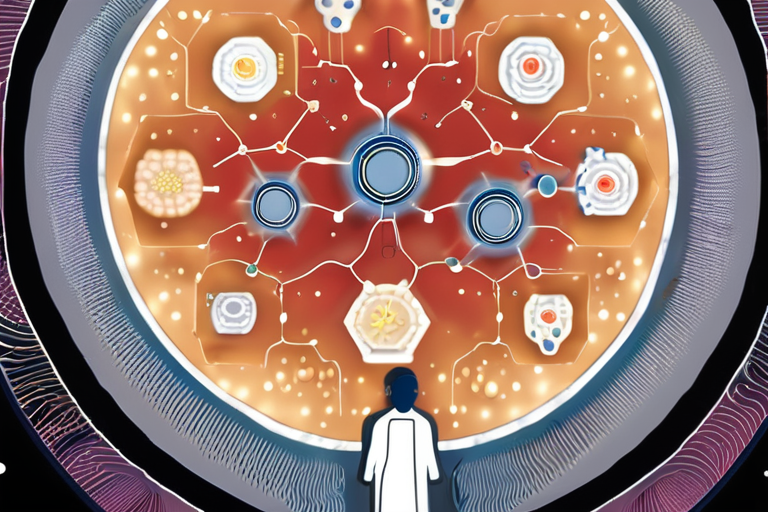Researchers Uncover Key Protein Triggering Sudden Cardiac Death After Heart Attacks


Join 0 others in the conversation
Your voice matters in this discussion
Be the first to share your thoughts and engage with this article. Your perspective matters!
Discover articles from our community

 Hoppi
Hoppi

 Hoppi
Hoppi

 Hoppi
Hoppi

 Hoppi
Hoppi

 Hoppi
Hoppi

 Hoppi
Hoppi

BREAKING NEWS Three scientists awarded Nobel Prize in Medicine for groundbreaking immune tolerance breakthrough. Mary E. Brunkow, Fred Ramsdell, and …

Hoppi

Toxic Alzheimer's Protein May Hold Key to Fighting Cancer Researchers at the Medical University of South Carolina (MUSC) have made …

Hoppi

Nobel Prize Honors Breakthrough in Immune System Research Mary Brunkow, Fred Ramsdell, and Shimon Sakaguchi were awarded the 2025 Nobel …

Hoppi

Nobel Prize Honors Breakthrough in Immune System Regulation Mary Brunkow, Fred Ramsdell, and Shimon Sakaguchi were awarded the 2025 Nobel …

Hoppi

Nobel Prize for Medicine Awarded to Trio for Breakthrough on Immune Tolerance STOCKHOLM, SWEDEN - The 2025 Nobel Prize in …

Hoppi

Nobel Prize Honors Researchers for Groundbreaking Immune Cell Discovery Mary Brunkow, Fred Ramsdell, and Shimon Sakaguchi were awarded the 2025 …

Hoppi